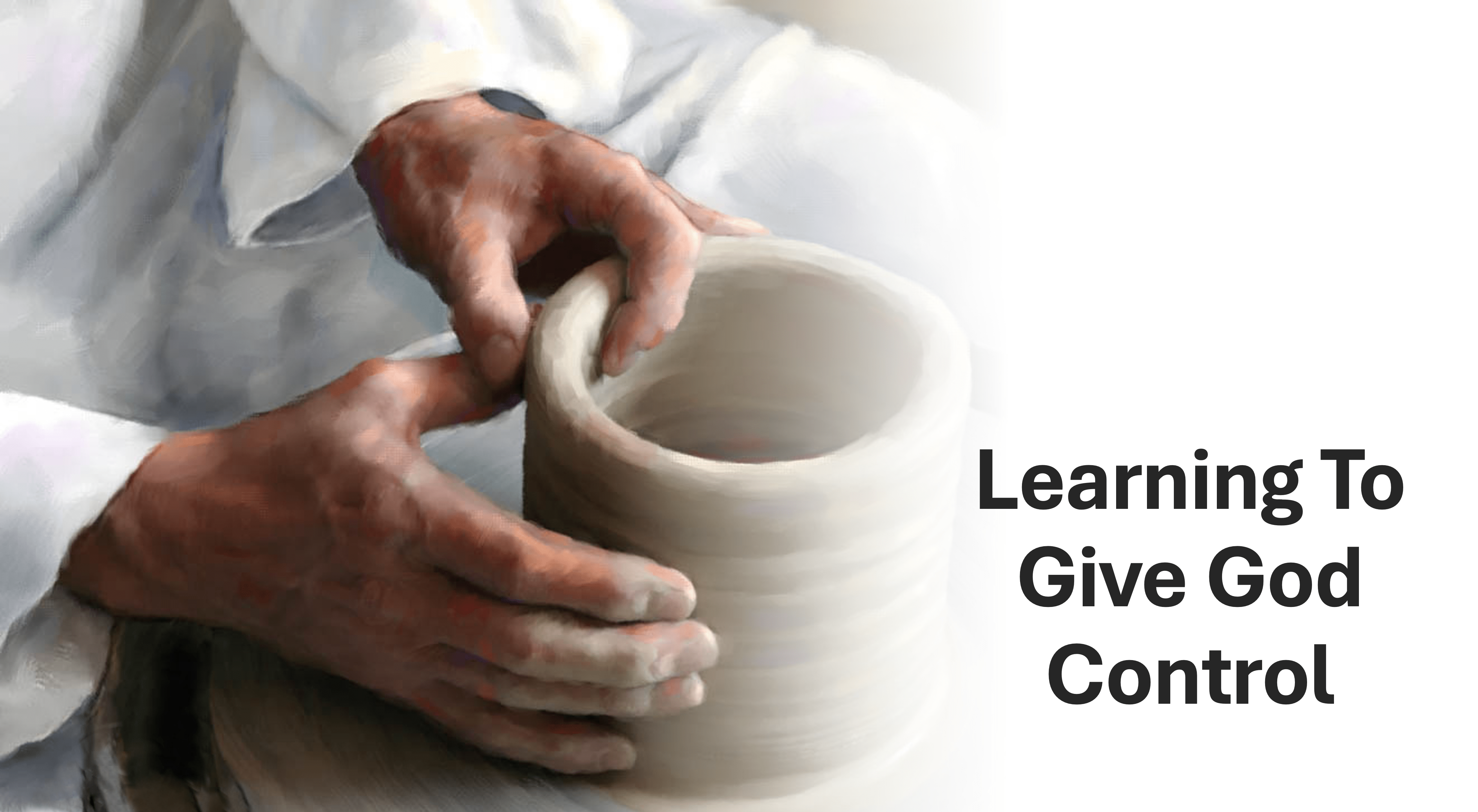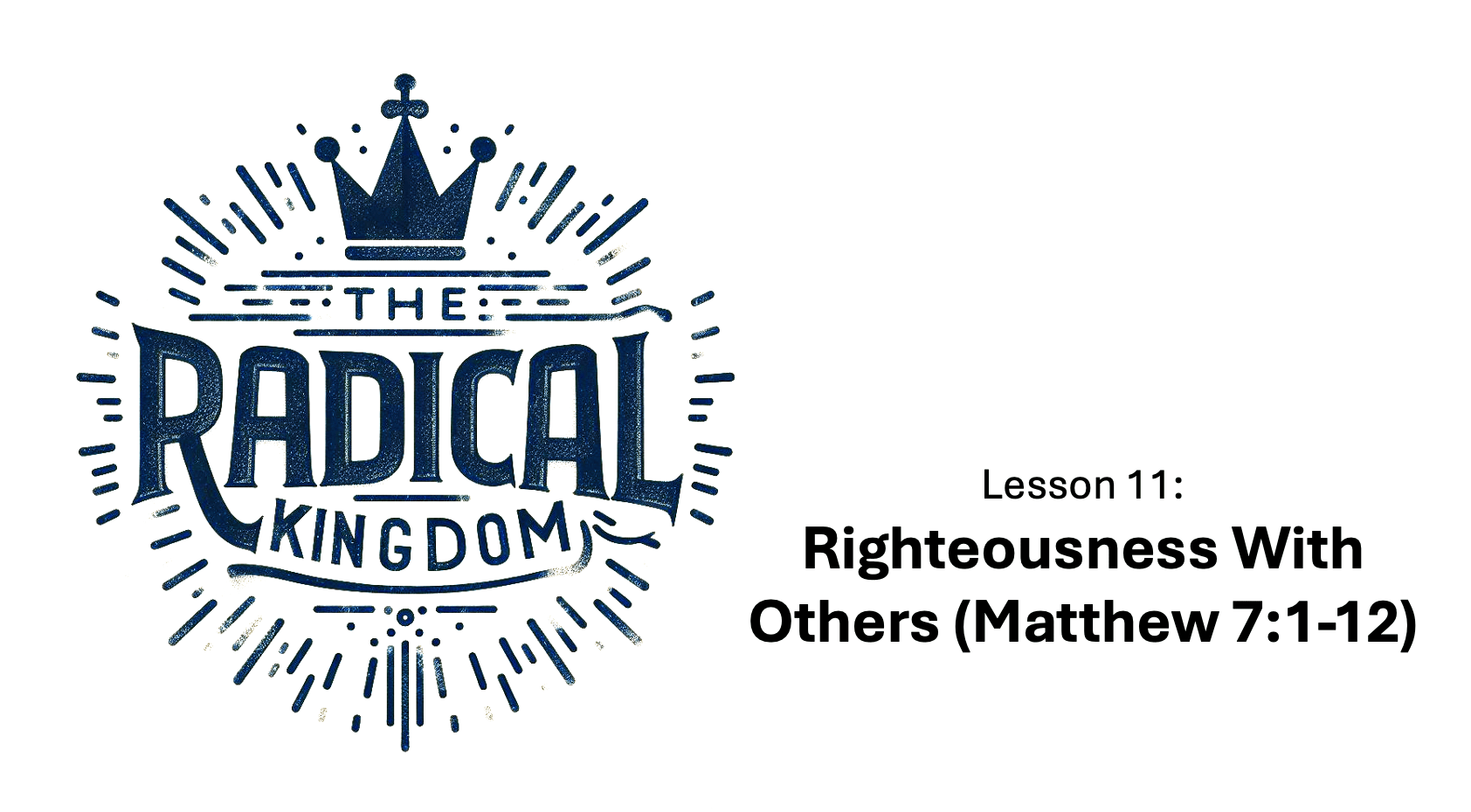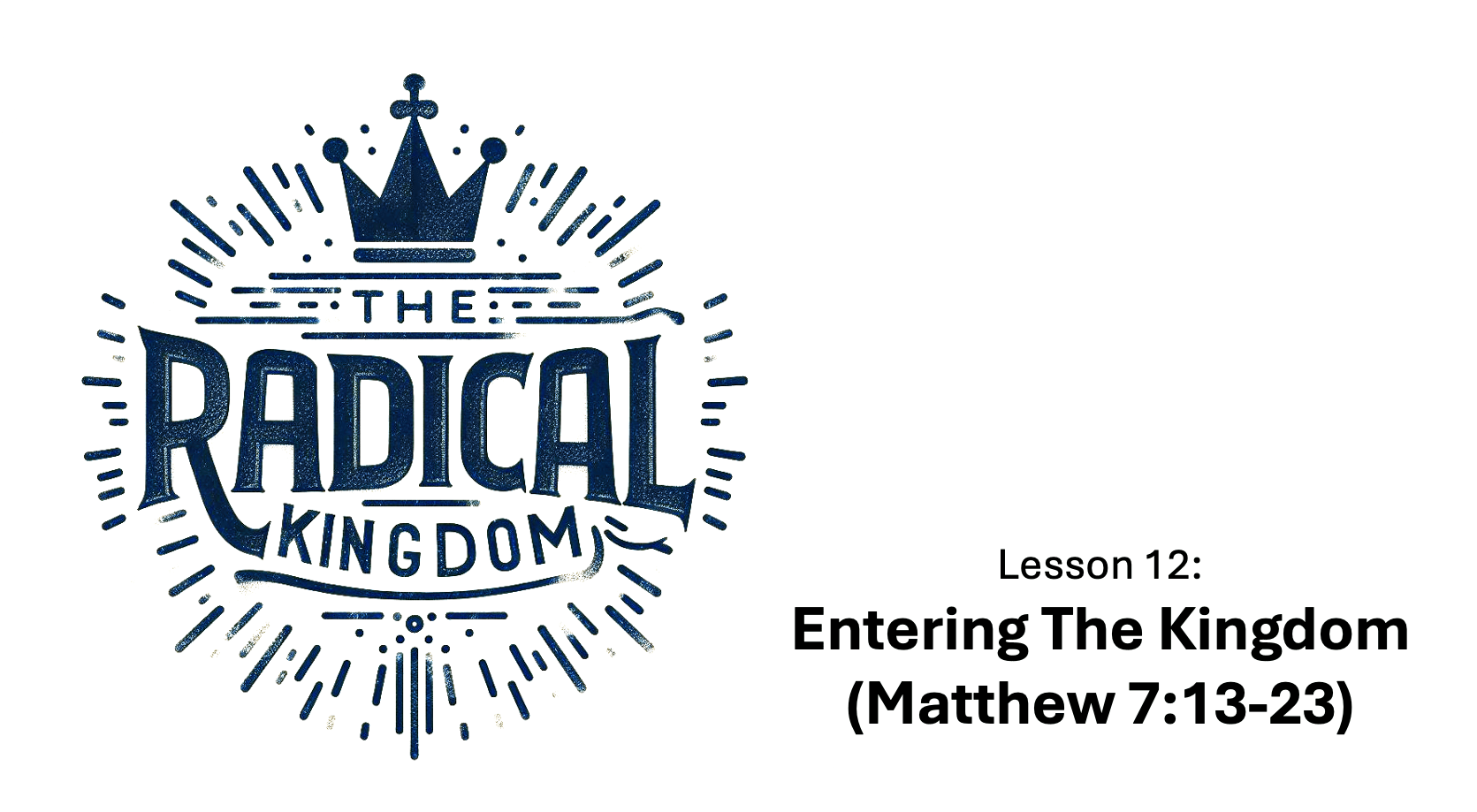Downloadable Files:
Text:
The Radical Kingdom
Lesson 2: The Beatitudes (Matthew 5:3-12)
Jesus begins this sermon on the mount with a section that is commonly referred to as the “Beatitudes.” It comes from a Latin word that refers to being blessed, happy, and fortunate. In this section, Jesus describes both the blessings given to the citizens of the Heavenly kingdom and the character that is required to receive such blessings (Matthew 5:3-12).
“Blessed”
The Greek word (“makarios”) translated as “blessed” throughout this section means “fortunate” and “happy” and describes a state of blessedness in which one is to be congratulated and whose condition is desirable. But, appreciate the radical nature of the kingdom citizen who experiences such blessedness from God. If you asked people to list the values and character necessary to achieving a state of blessedness, the list would undoubtedly be different to the one provided by Jesus in this text. In fact, they would likely be opposite to them. Therefore, it is no wonder that this world is full of unhappy and unfulfilled people who are constantly trying to find more from this world to fill what they are lacking (i.e. Ecclesiastes 1:2-8; 1:16-18; 2:9-11).The blessings one desires to receive and that one looks for will determine which characteristics are pursued. For instance, those who are looking for physical blessings will develop the characteristics believed to be necessary to get those, while those looking for spiritual blessings will develop the characteristics God identifies as necessary (i.e. Psalm 1:1-6; Matthew 11:6; 13:16; 16:17; 24:46; Luke 6:20-22; John 13:17; 20:29; Acts 20:35; James 1:12, 25)!
The Blessed Life (Matthew 5:3-12)
First are thepoor in spirit (Matthew 5:3). Jesus is not describing what is in a person’s physical bank account, but what is in a person’s spiritual “bank account.” A person who is poor in spirit recognizes his/her state of being spiritually destitute in sin and knows that only God can provide what he/she needs (Psalm 51:1-19; Matthew 18:23-27; Luke 15:11-32; 18:9-14). These are the ones who will be citizens of the greatest kingdom imaginable!
Second are those who mourn (Matthew 5:4). There is some spiritual benefit to the various experiences in life that bring us mourning (Psalm 119:67-71; Ecclesiastes 7:2-3; James 1:2-4). But, there is a deeper value that comes from godly mourning over the sins a person commits, as this will lead to repentance and a changed life (2 Corinthians 7:9-11; Isaiah 61:1-3). These receive the comfort that only God can provide!
Third are the meek (Matthew 5:5). While meekness is often associated with weakness and timidity, Moses (Numbers 12:3) and Jesus (Matthew 11:29) were both identified as such. The one who is meek is possesses the strength to do what he/she desires but chooses to harness that strength to do the will of God instead (Matthew 26:52-54; James 1:19-27). These live with the hope of supplanting the wicked and residing in the new heavens and earth in Heaven!
Fourth are those who hunger and thirst for righteousness (Matthew 5:6). Beyond physical desires, Jesus speaks of a longing for something that is not nearly as temporary as physical food and drink. Instead, this is a deep desire and longing to be and live in a right relationship with God that only Jesus can provide (Psalm 42:1-2; 63:1; John 4:10-15; 6:35). These find their fill in Jesus!
Fifth are the merciful (Matthew 5:7). Jesus emphasizes the need for a compassionate spirit that recognizes, pities, and tends to the needs of others. This compassion should be shown toward others in both their physical and spiritual needs (Matthew 9:35-38; Luke 10:33; Jude 1:22-23), including extending forgiveness to those who have wronged you (Matthew 6:14-15). These receive mercy from others and, ultimately, from God!
Sixth are the pure in heart (Matthew 5:8). The purity that is characteristic in the citizens of Jesus’s kingdom, is not a merely an external expression of purity (Matthew 23:25-28). Instead, kingdom citizens have a deeply rooted and singular devotion to God internally that then results in external purity (Matthew 6:19-24; 15:16-20; Philippians 4:8-9; James 1:27). These anticipate the time they will come into the immediate presence of the holy God to see Him!
Seventh are the peacemakers (Matthew 5:9). Though people in this world are typically engulfed in conflict and strife, God has given citizens of His kingdom the opportunity to have peace with Him through the gospel (Ephesians 2:11-22). This should lead to citizens of His kingdom pursuing a life of peace with God (Romans 5:1-2) and others (Romans 12:16-21). These have the unique distinction of being children of God and are set to receive an inheritance from Him!
Eighth are those who are persecuted because of righteousness (Matthew 5:10-12). Jesus promises there will be persecution of various kinds for those who follow Him and do what is right (John 15:18-21; 2 Timothy 3:10-12). However, you should not be surprised as if something unique and unexpected is happening to you in these moments (1 Peter 4:12-17; Luke 14:25-33; Matthew 10:34-39). These are citizens of God’s kingdom and have a great reward that is waiting them in Heaven!
Conclusion
Jesus has demonstrated that those who are part of this Heavenly kingdom have different characteristics than those who are focused on the things of this earth. However, this different focus and character produces a kind of blessed life that cannot be found any other way. But, know that you cannot obtain this blessedness without the necessary character!



